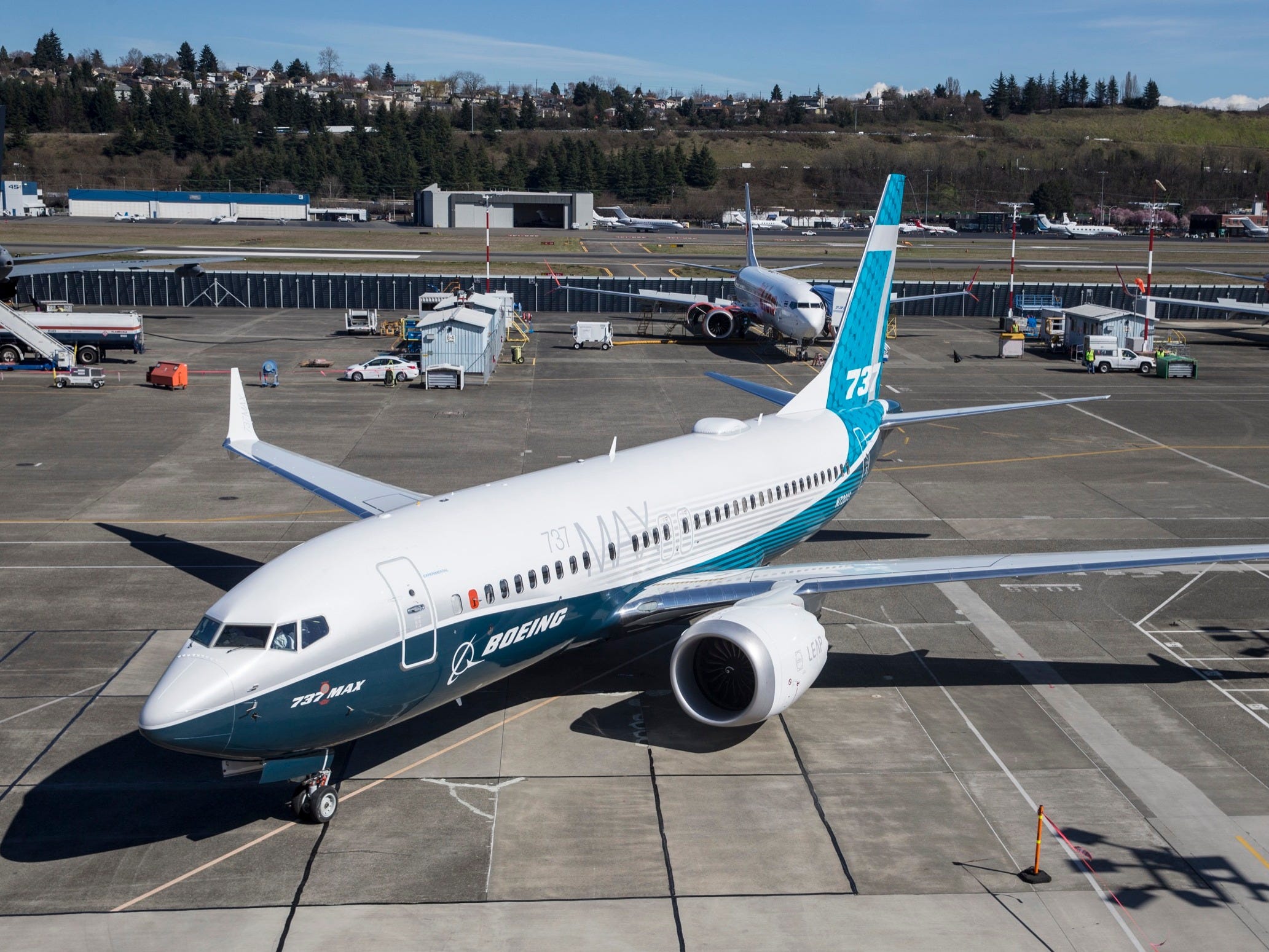- The Boeing 737 Max is nearing its long-awaited ungrounding by the Federal Aviation Administration and will likely soon be returning to service for the world’s airlines.
- Boeing and the FAA have been working on fixes for the aircraft since it was grounded in March 2019 following two deadly crashes in Ethiopia and Indonesia.
- American Airlines, United Airlines, and Southwest Airlines currently fly the aircraft in the US with countless more operators around the world in nearly every populated continent.
- Visit Business Insider’s homepage for more stories.
Boeing is nearing the end of a lengthy recertification process for its infamous 737 Max aircraft following two fatal crashes.
After over a year of repair work, Boeing and the Federal Aviation Administration finally completed certification flight testing on a Max aircraft in early July after only three days of tests, paving the way for its eventual return to service. The FAA submitted the changes into the Federal Register on August 3, opening a 45-day period for public comment on the proposed design fixes.
The aviation regulator will next join a multi-country review board in examining the proposed fixes and changes to crew training and procedures for the aircraft. Once the plane is given the all-clear, it won’t be the end of Boeing’s nightmare as the FAA will still need to authorize airlines to train flight crews on the aircraft again and potentially thousands of pilots will head to school to learn the new Max.
But the public will be flying on the aircraft in the near future, especially as airlines will likely want to utilize the more modern and fuel-efficient planes in their fleets such as the Max to ride out the current downturn.
Here's what flyers need to know about the aircraft before stepping onboard a Boeing 737 Max aircraft again.
What went wrong and the proposed fixes
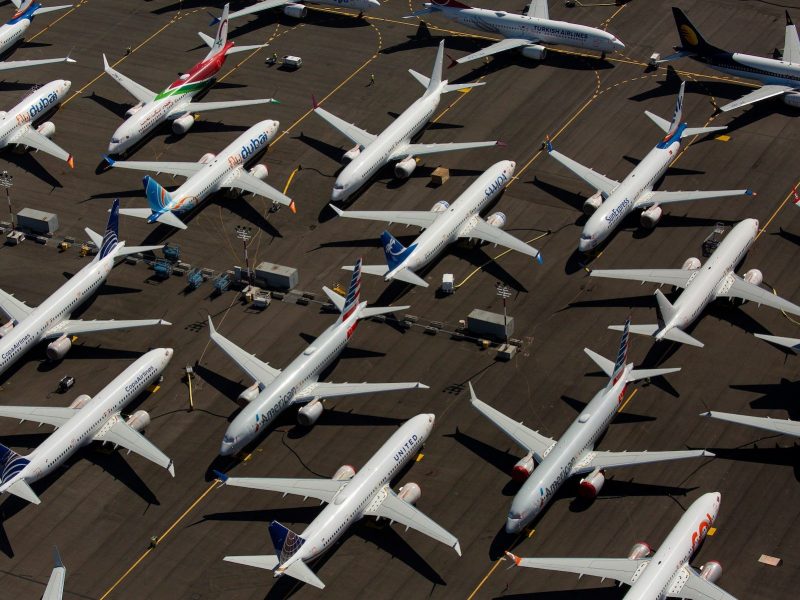
An investigation into the aircraft's development revealed that Boeing had hidden the presence of a quasi-autopilot system, known as the Maneuvering Characteristics Augmentation System or MCAS, to help the aircraft behave like its predecessor, the 737 Next Generation, following slight design changes.
The marketing ploy helped sell the jet to existing 737 operators as Boeing stated that pilots trained on the 737 Next Generation didn't need further simulator training to fly the Max. Less schooling for pilots would lower training costs for airlines while boosting pilot utilization.
On two flights, however, MCAS inadvertently took control of the aircraft following faulty readings from the angle of attack sensors and caused fatal crashes in Ethiopia and Indonesia, prompting the worldwide grounding of the aircraft that's still ongoing.
Changes to the faulty system include resolving flaws in the MCAS system, fixing the aircraft's wiring, and better communicating to pilots when a sensor that could trigger MCAS fails, according to the Seattle Times.
The airlines currently flying it
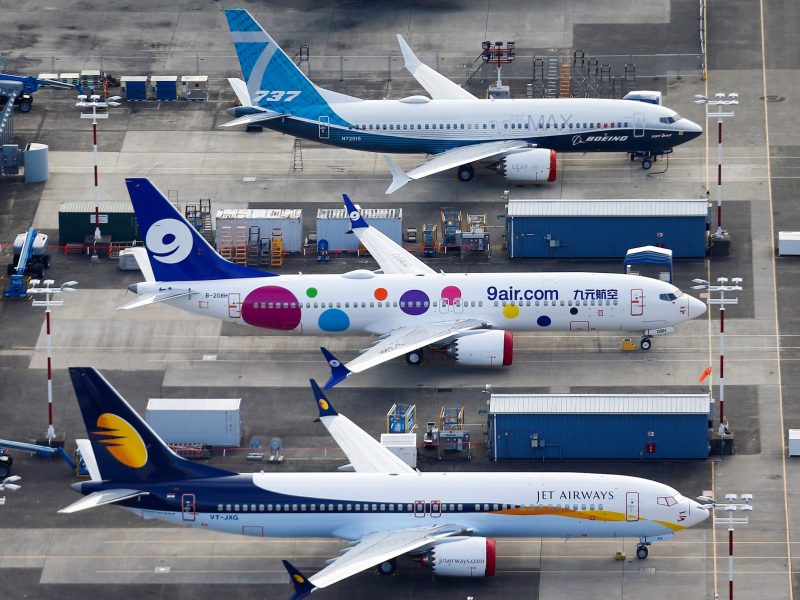
Before its grounding, the Boeing 737 Max garnered substantial orders both from major airlines in the US and abroad. Only four airlines in the US were flying the plane or had it on order at the time of the grounding including American, United, Southwest, and Alaska, but the jet is in the fleets of airlines on every populated continent except Australia.
The leading operators of the aircraft outside the US include Norwegian Air Shuttle, Air Canada, Air China, China Southern Airlines, FlyDubai, Hainan Airlines, Lion Air, Shanghai Airlines, Spicejet, TUI Airways, Turkish Airlines, Xiamen Airlines, and WestJet, according to Planespotters.net.
Not all airlines will force passengers to fly on it
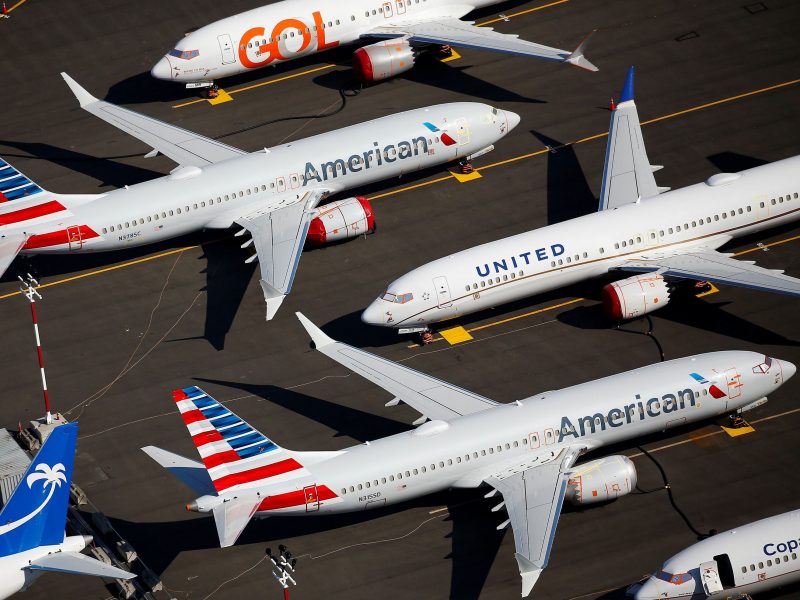
Some airlines are anticipating potential trepidation from their passengers about flying on the aircraft and will allow flyers to change their flight if booked on a Max. Two out of the three current US airlines flying the Max - United, and Southwest - have said they will allow free changes if a customer wants to be rebooked, The Points Guy reported.
American Airlines stated in a February update that it will have guidance for passengers who do not want to fly on the aircraft but has not given any further information. Alaska Airlines has not made any statements on the topic.
If an airline changes the aircraft for a traveler's flight from a non-Max to a Max, however, that's known as a schedule change and can be used as grounds to make a free change or even request a refund, depending on the airline.
Knowing if you're flying on a Max or a standard 737
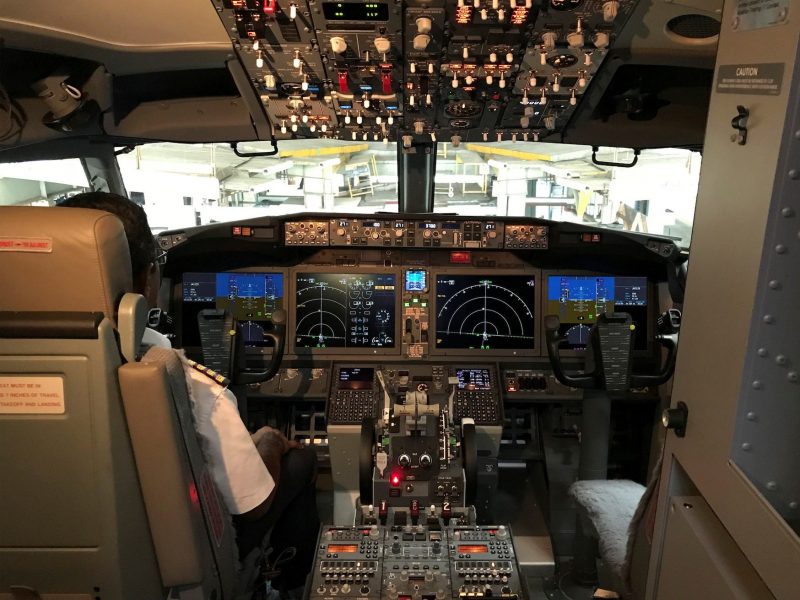
The Boeing 737 Max is based on the popular Boeing 737 Next Generation aircraft used by airlines the world over including Southwest Airlines, Ryanair, Norwegian Air Shuttle, and Air China. Most of the current Max operators, however, also fly the Next Generation aircraft and use the two interchangeably.
But the Max has some noticeable differences that make it stand out, including its engines. The newer, larger engines on the 737 - the CFM LEAP 1B - are rounder in appearance than those found on the 737 NG and can easily be identified by the chevrons on the back of the engine housing.
It's more difficult to tell when flying on a Max from the interior, except in the cockpit. The business end of the Max is more advanced than its predecessor with multiple large high-definition screens lining the main panel.
A Max by any other name is still a Max
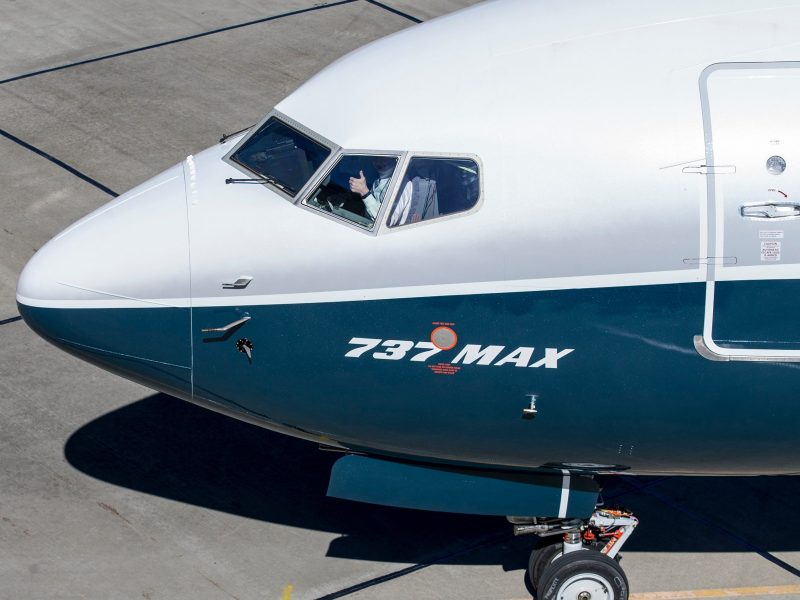 Foto: Boeing test pilot Jim Webb gives a thumbs-up from the cockpit of a 737 MAX 7 at Boeing Field. Source: Stephen Brashear/Getty Images
Foto: Boeing test pilot Jim Webb gives a thumbs-up from the cockpit of a 737 MAX 7 at Boeing Field. Source: Stephen Brashear/Getty Images
Boeing has not announced plans to abandon the Max name but some of its customers are already distancing themselves from the troubled brand. 737 Max aircraft awaiting delivery to Ryanair have been spotted with a new name, "737-8200," and the Max branding removed entirely, Business Insider's Sinead Baker reported in July 2019.
The "-8200" comes as Ryanair plans on cramming 200 seats into its Max aircraft as the ultra-low-cost carrier favors high-density configurations with less than standard legroom to maximize revenue on its aircraft.
Not all airlines have included the Max name on their aircraft even before the grounding, Forbes reported, with Xiamen Airlines and others only listing part of the aircraft's full name.

